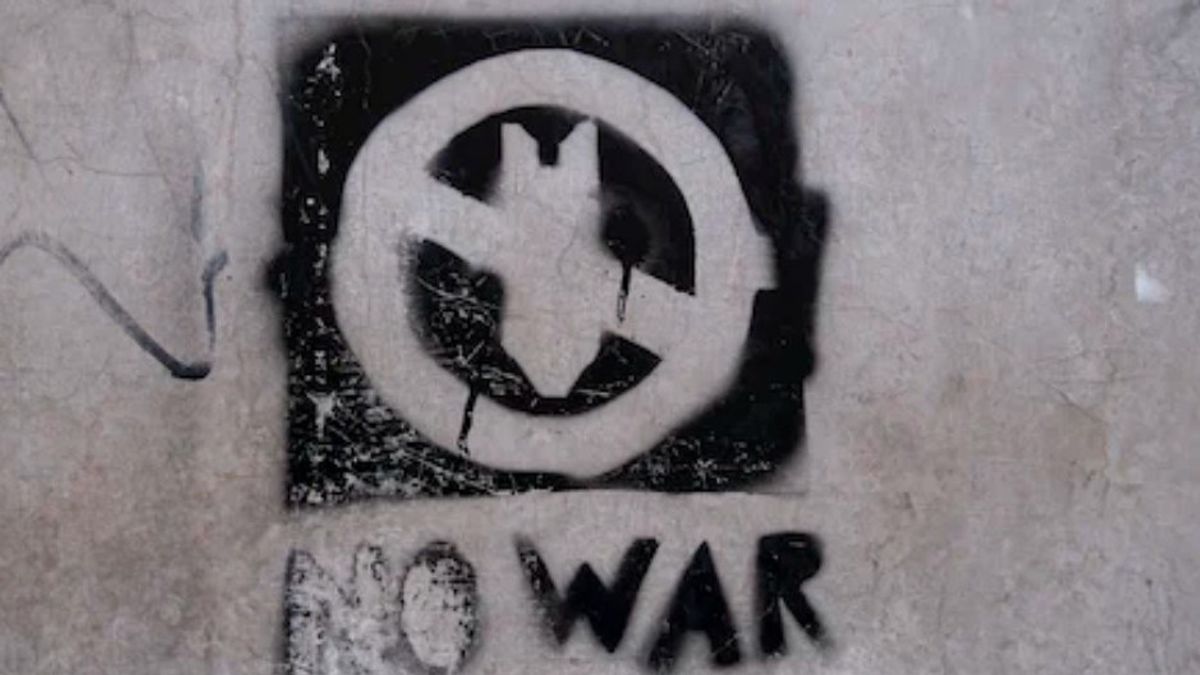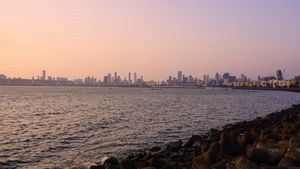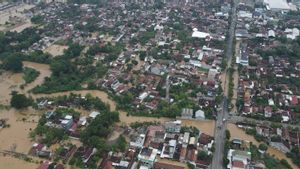JAKARTA – The increasingly heated geopolitical situation between the United States, Russia, and China. Recalling the role of the US and its allies in helping Ukraine, and Nancy Pelosi's visit to Taiwan sparked the anger of China. The study comes at a time when tensions are rising between the United States and Russia and China, holders of the world's three largest nuclear arsenals.
The United States continues to push for a more aggressive stance toward fellow nuclear powers Russia and China on the global stage, a new study from Rutgers University reminds us that nuclear war will have dire consequences.
The study looks at six different nuclear war scenarios. Five of the scenarios look at a smaller nuclear conflict between Pakistan and India, while the sixth scenario examines what would happen in a large-scale conflict between Russia and the United States.
In a nuclear conflict between the two superpowers, more than 5 billion people will starve to death, according to the study. Researchers determined this by estimating the spread of soot blocking the sun from a simulated conflict.
The data is fed into the Community Earth System Model, a climate forecasting tool used by the National Center for Atmospheric Research. This allowed them to estimate crop yields by country, along with changes in livestock pasture and marine fisheries.
Even the smallest-scale nuclear war scenario the researchers saw would be disastrous for the global food supply. They estimate that the average calorie production will decrease by 7% worldwide in five years, which would be the biggest change since the Food and Agriculture Organization began setting records in 1961.
After the nuclear war between Russia and the United States, the amount of food produced globally will decrease by 90% in three to four years and 75% of the world will starve in two years.
The study also looks at potential mitigation policies, such as utilizing livestock grain to feed humans and improving fishing operations. Unfortunately, these factors have a negligible effect on the global food supply.
More research is needed to provide a more complete picture of what Earth will look like after a large-scale nuclear war, but there is no doubt that it will be the biggest disaster in known human history.
"For example, the ozone layer will be destroyed by stratospheric warming, producing more ultraviolet radiation at the surface," said Lili Xia, lead author of the study. "We need to understand the impact that has on the food supply."
The study was conducted one month after a public service announcement released by NYC Emergency Management that told viewers how to respond to a nuclear attack. The announcement ended with the host smiling and saying, “You got it.”
"The data tell us one thing: We have to prevent a nuclear war from happening," said Alan Robock, one of the study's authors.
“If nuclear weapons exist, they can be used, and the world has come close to nuclear war several times. Banning nuclear weapons is the only long-term solution," Robock said. “The five-year-old UN Treaty on the Prohibition of Nuclear Weapons has been ratified by 66 countries, but not one of the nine nuclear powers. Our work makes clear that it's time for the nine states to listen to science and the rest of the world and sign this agreement."
The English, Chinese, Japanese, Arabic, and French versions are automatically generated by the AI. So there may still be inaccuracies in translating, please always see Indonesian as our main language. (system supported by DigitalSiber.id)













